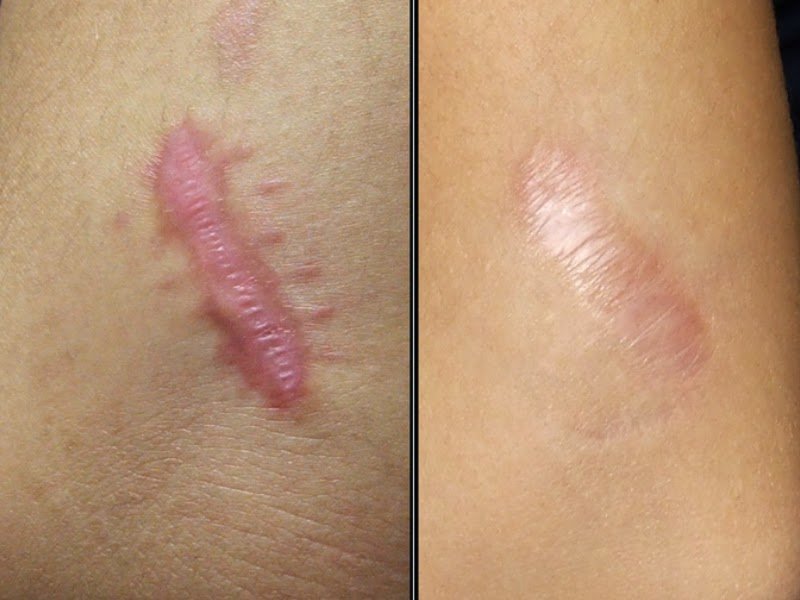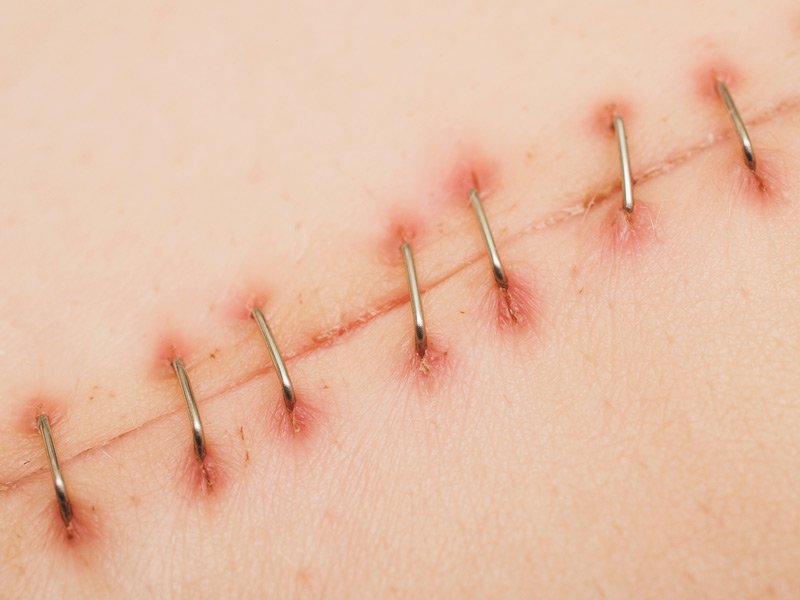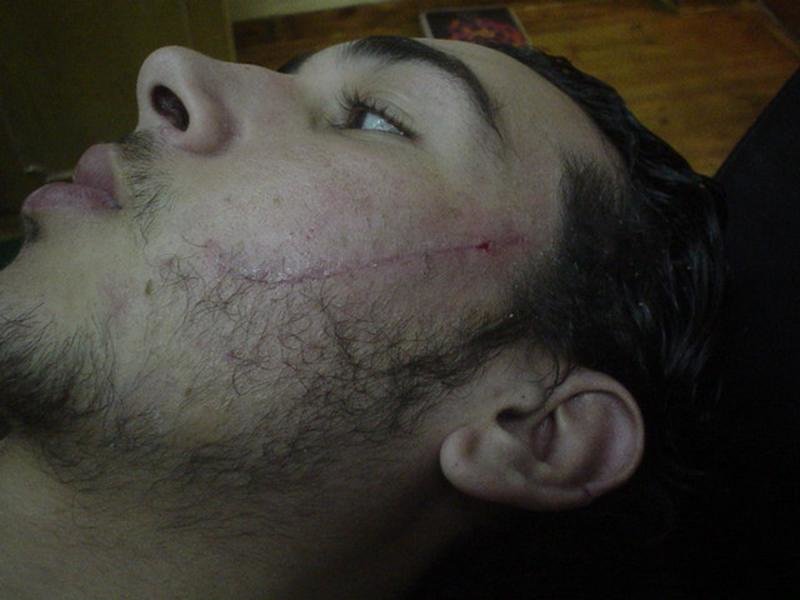
Post Surgery Reality: Understanding Scarring and How to Deal With It

For the majority of us it may be a challenge to find someone who does not have a scar on their body. Millions of skin lacerations and surgeries take place across the world, and they may result in scars. To some, scarring can have physical, social and emotional effects. While it may bring back positive memories for some people such as a vacation or sporting injury, for a few it can bring back memories of a traumatic event, loss or physical abuse. While scarring which is visible to others can be a source of embarrassment or lowered self-confidence, it causes some people to go into a shell, shun social contact and situations and avoid certain clothing items, which reveal their scars.

Scarring is a completely natural process that signifying healing, and it happens because of the formation of excessive collagen formation close to the site of laceration or cut. Scarring post a surgical procedure or an elective cosmetic procedure is likely to occur. Considering that a lot of Americans opt for plastic surgery and other cosmetic procedures, with about 10% still on the fence about it, scarring is an issue that needs to be discussed more often.
Why despise scars?

We live in a society that places a lot of value on appearances, so naturally some people feel that they want to alter something on their bodies which will make them feel good about themselves. Patients worldwide walk into their doctor’s office for a consultation before a procedure and are certain to ask if there will be any scarring. Never mind if the requested procedure is an abdominoplasty (tummy tucks), liposuction, buttock enhancement or breast augmentation, scars remain a concern. This is because all of these procedures require one or more incisions on our body, which is sure to leave behind scars as the wound heals. How the scar is sutured or closed up also matters a lot, as with an experienced surgeon, scarring can be minimal, but with a novice, the scar may be more prominent. Post operative scar treatment and management also plays it’s part here.
What can be done to prevent scarring?

A good surgeon would go over your medical history during the preliminary consultation, along with a physical examination to determine if there are any factors, which may alter the way patients usually heal post-surgery. Some doctors may even recommend that you start your scar treatment as soon as the surgery is performed, so that the best possible outcomes may be achieved. For instance, the Embrace Active Scar Defense system is proven to be effective as well as safe since it’s the only treatment that comes FDA (Food and Drug Administration) approved. This treatment is clinically proven to ease the tension around the incision scars to prevent the materializing of excessive collagen. This tension is how the body heals itself but is also the reason why the scarring occurs, which, for the most part, is prominently visible, discolored and raised.
When should treatment start?
The best time to start treatment and prevent scarring is immediately after the surgical procedure when the incision is closed up, by reducing the tension. It is said that if treatment is started within the first 6 months of the procedure or injury, the chances of developing scars are nil to minimal. The Embrace treatment uses a transparent silicone dressing to reduce tautness around the wound while it protects and stabilizes it from any irritation which may take place due to rubbing of clothing or general movement and activity. When the wound or injury is meticulously closed, and proper scar treatment received post-operation, you will be left with a smoother, less visible and thinner scar, which is quite discreet. Embrace can be used for all skin types and even on children of all ages. And because it is discreet and comfortable to wear, patients really appreciate using it.

Plastic surgery, like any other surgery, is major experience, which is to be decided upon after much consideration, thought and research. Needless to say, you must pick your surgeon very carefully, after ascertaining that they have the requisite board certification to perform the surgery you wish to undergo. You will have to consult him/her before the surgery is performed and enquire about the pre- and post-operative care which they provide. This would essentially include proper healing, reducing side effects of the surgery and minimizing scarring. For optimal results, you should ideally follow a healthy diet which is rich in antioxidants and get ample rest and sleep. Do allow your body to heal itself.
More in Plastic Surgery
-
`
How Long Does a Non Surgical Nose Job Last?
The allure of a sculpted nose without the downtime of traditional surgery has captivated many. Non-surgical rhinoplasty, often dubbed a “liquid...
August 11, 2024 -
`
How to Plan a Trip to Italy and Greece
Italy and Greece stand out as two of Europe’s premier travel destinations, each offering a unique blend of historical grandeur, stunning...
July 31, 2024 -
`
Are Makeup Wipes Bad for Your Skin?
In the quest for quick and convenient skincare, makeup wipes often seem like a miracle solution. However, if you’re wondering, Are...
July 26, 2024 -
`
How to Do Ab Workouts During Pregnancy?
Maintaining core strength is vital, but can you do ab workouts while pregnant? This question is common among expectant mothers eager...
July 19, 2024 -
`
5 Seamless Ways to Minimize BBL Scars
Undergoing a Brazilian Butt Lift (BBL) is an exciting decision for enhancing your body contour. However, BBL scars can be a...
July 12, 2024 -
`
Best Places for Birthday Party Fun for All Ages
Celebrating your birthday at an exciting venue can add that extra spark to your special day, whether you’re with family, friends,...
July 2, 2024 -
`
Skincare for Sensitive Skin: Top 6 Products to Try
Taking care of sensitive skin can be a challenge. With so many products on the market, finding the right ones that...
June 28, 2024 -
`
How to Build Muscles & Gain Mass After 50
Are you wondering how to build muscle mass after 50? You are not alone. Many people think that hitting the big...
June 20, 2024 -
`
How to Speed Up Your Nose Job Recovery Time
Undergoing a rhinoplasty is an exciting step towards a new appearance, but it comes with a recovery period that requires patience...
June 15, 2024















You must be logged in to post a comment Login